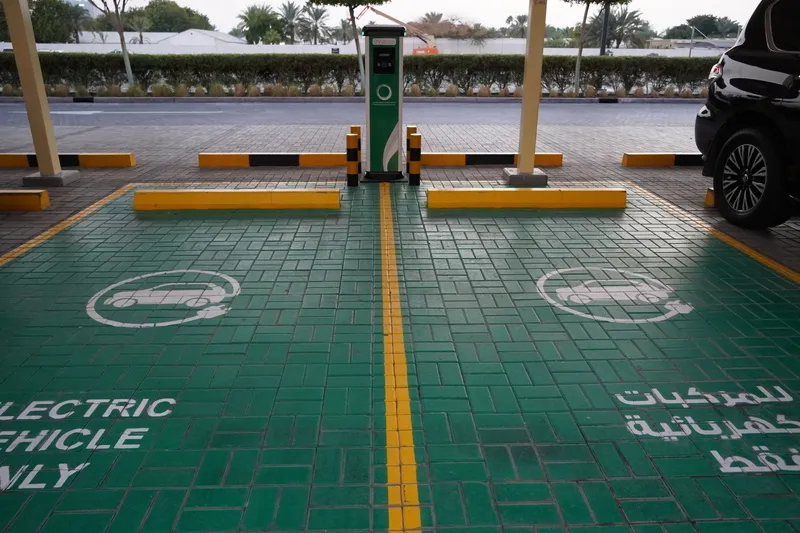2,000 Washington-based volunteers are taking part in an
Called the Washington Road User Charge Pilot Project, it will also test multi-jurisdictional charging by relying on the location-aware capabilities of on-board mileage recording devices. The simulated charges applied to trips will vary depending on the location of each recorded mile travelled while adhering to privacy and data protection guidelines set out by the State.
Emovis is providing on-board diagnostic mileage recording devices and smartphone app technology through its partnership with connectivity provider, Automatic. The agreement aims to provide a commercially available off-the-shelf consumer product and apply it to a road user charge solution.
Emovis replaces gas tax with pay per mile charge in Washington pilot
2,000 Washington-based volunteers are taking part in an Emovis project which will replace the gas tax with a pay-per-mile travelled charge. The results of the year-long trial will help shape the state’s future transportation funding policy. Called the Washington Road User Charge Pilot Project, it will also test multi-jurisdictional charging by relying on the location-aware capabilities of on-board mileage recording devices. The simulated charges applied to trips will vary depending on the location of each
March 12, 2018
Read time: 1 min










